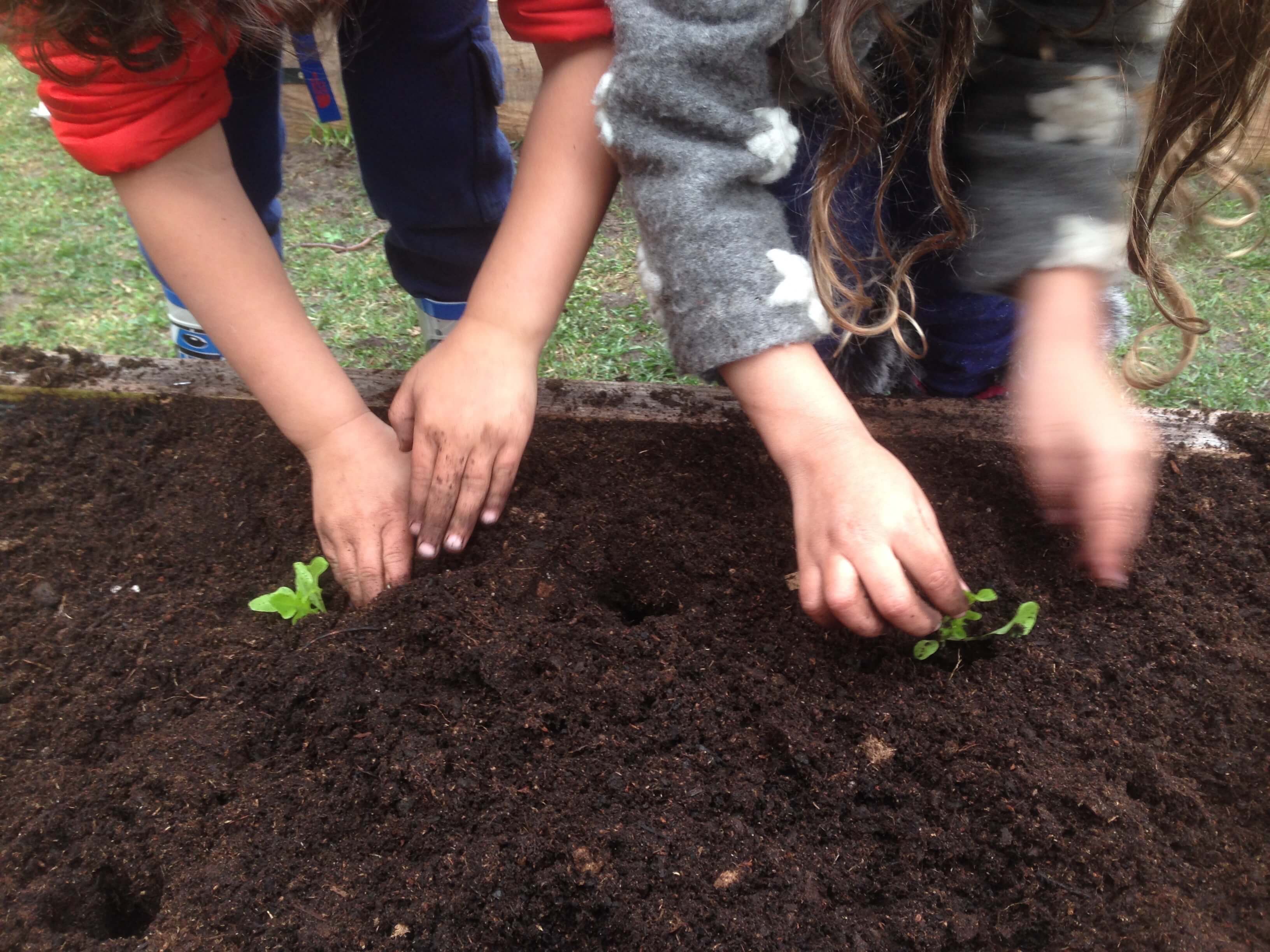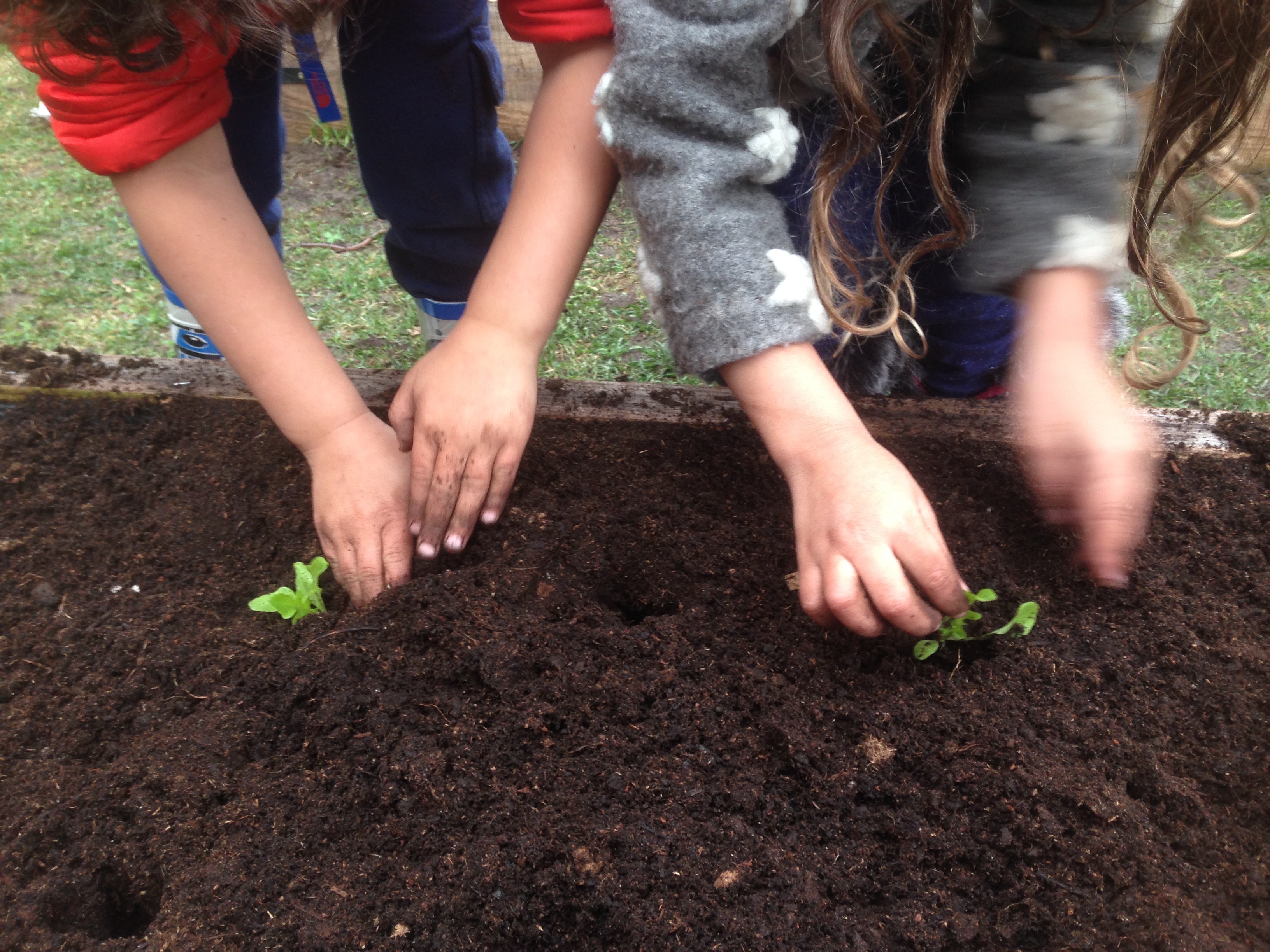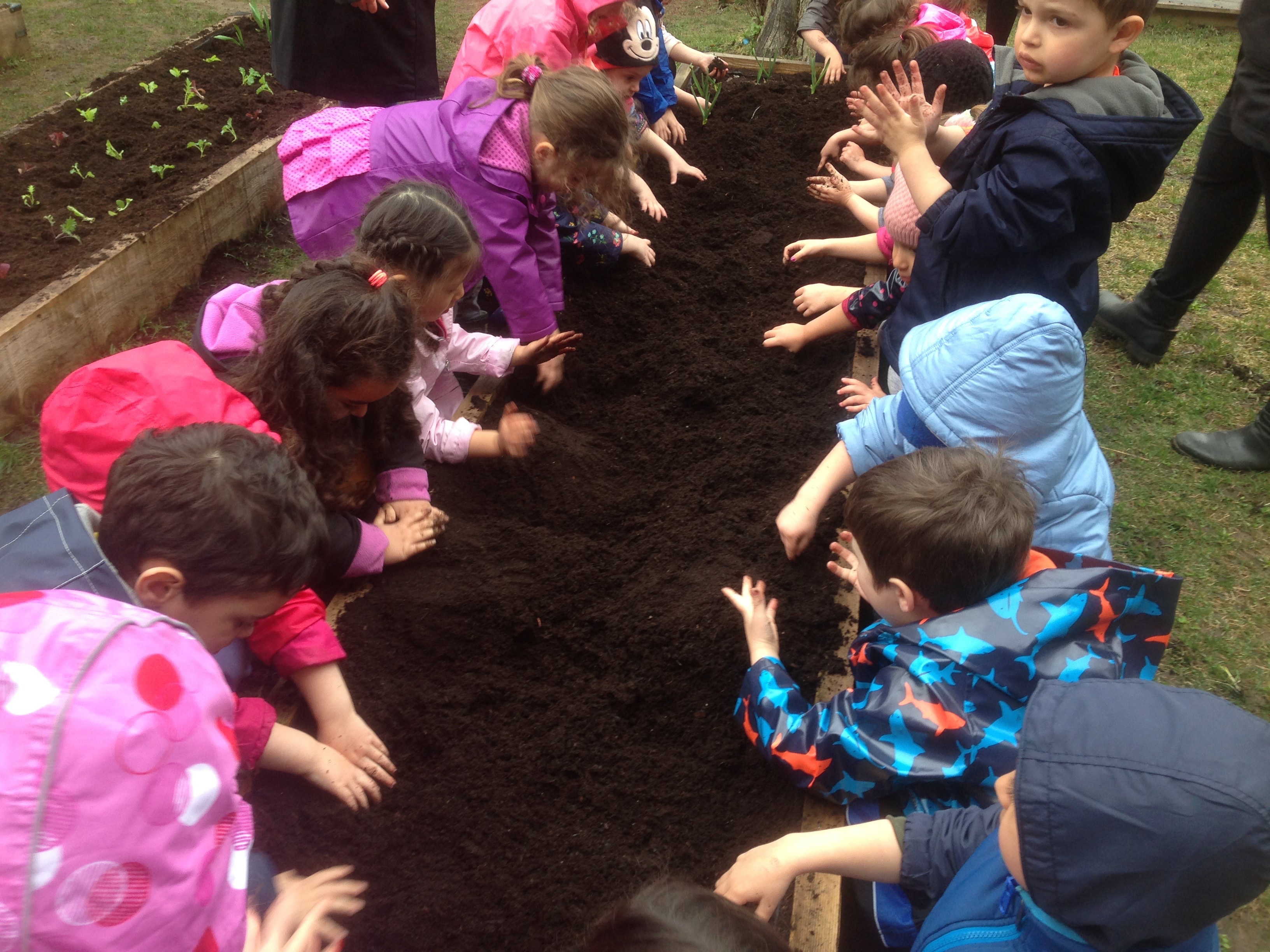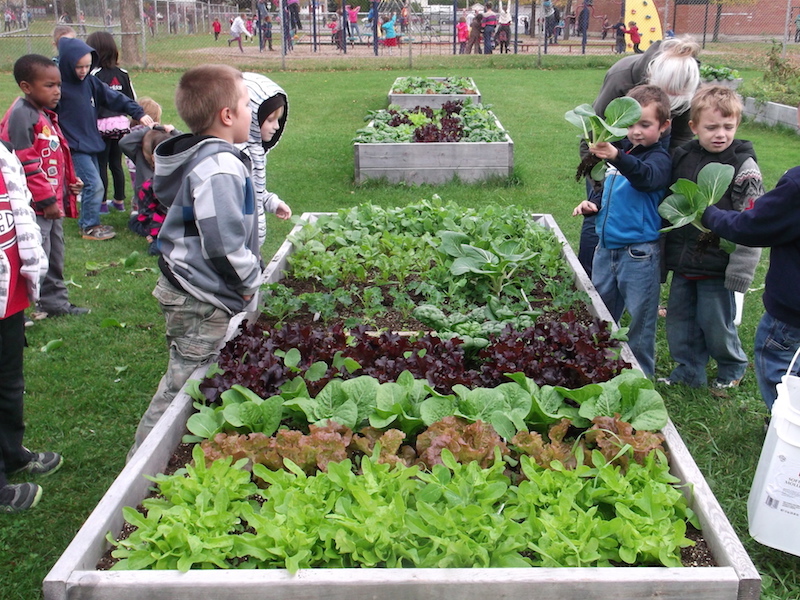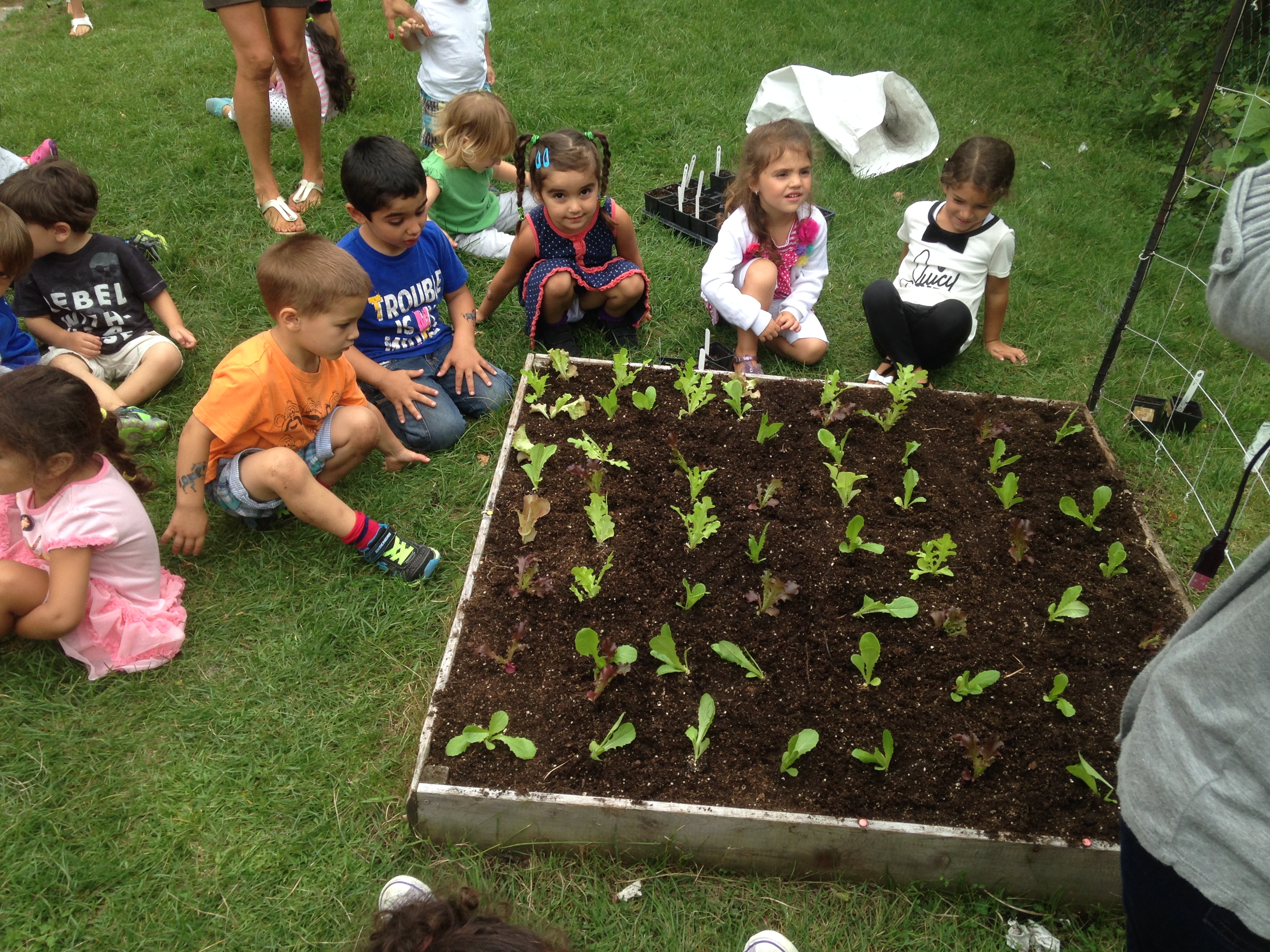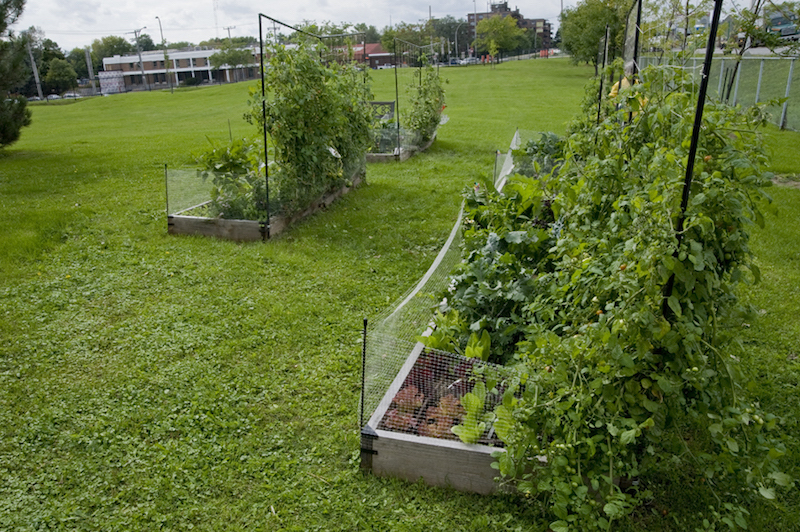Creation or improvement of educational gardens, the organisation 100 Degrés invites you to submit your projects!
Are you a school, an early childhood education centre, a community organization, a municipality, a cooperative and you are concerned about strengthening the ties that people in your community have with agriculture and their food? Do you think it is important that they be better equipped to be aware of the value of food and make responsible consumption choices?
With this call for projects, 100 Degrés, in partnership with the Ministry of Agriculture, Fisheries and Food (MAPAQ), wishes to support projects to create or improve educational gardens. The objective is to promote the learning and experimentation, in the field, of agricultural concepts in order to raise awareness of the value of food among young and old and to help them develop the necessary skills to become consumers capable of making responsible and informed food choices.
The selected projects will be eligible for financial support of up to $15,000. The funding aims to raise awareness among the youth and the not-so-young about food providence, healthy eating, and bring Quebecers closer to agriculture. To learn about the journey from the farm to the plate.
Eligible projects must allow the creation of new educational vegetable gardens, or enhance or offer added value to an existing project.
Interesting facts about educational gardens:
- There are currently 82 educational gardens in Quebec.
- A recent study shows that more than 35% of pedagogical gardens are started by teachers or other education professionals, and that the young people who attend them spend about 8% of their time there, or 2 hours per week.
- Gardening naturally leads individuals to develop a different relationship with food and to change their eating habits (Burt et al. 2017)
- This activity arouses curiosity about the origin of food, how it is produced and how it travels from the land to the plate.
- It is an excellent way to reconnect young people and adults to their surroundings, as well as to agriculture, local food, nature and the environment
Who can submit a project?
- Non-profit organizations (e. g. day camps, Low income housing, CPE, etc.)
- Cooperatives (e. g. food cooperatives, etc.)
- Public organizations (e.g., school boards and institutions, CEGEPs and universities, municipalities, youth centres, etc.)
The submitted project must:
- Have more than one partner. For example: a partnership with the day camp, community group, CPE, community club or other to have users in the summer when the school is closed
- To call upon an expertise, therefore a specialized horticulturist, or an urban agriculture company like ours
- A high frequency and intensity of use and a clear educational vocation
- The submitted project must be completed by March 31, 2020
The evaluation is based on the following criteria:
- Relevance – in relation to a need in the community, i.e. to clearly demonstrate who benefits
- Impact – potential for sustainability over several years and with a large number of users
- Feasibility – reasonable budget and time frame, with clear expertise included, achieved in 2019
The deadline for submitting your projects is December 7.
To submit your project, visit centdegres.ca.
As an ambassador for the 100° organization, the co-founder of Semis Urbains, Tereska Gesing, can give you advice on how to submit your projects. Feel free to contact us for more information.
